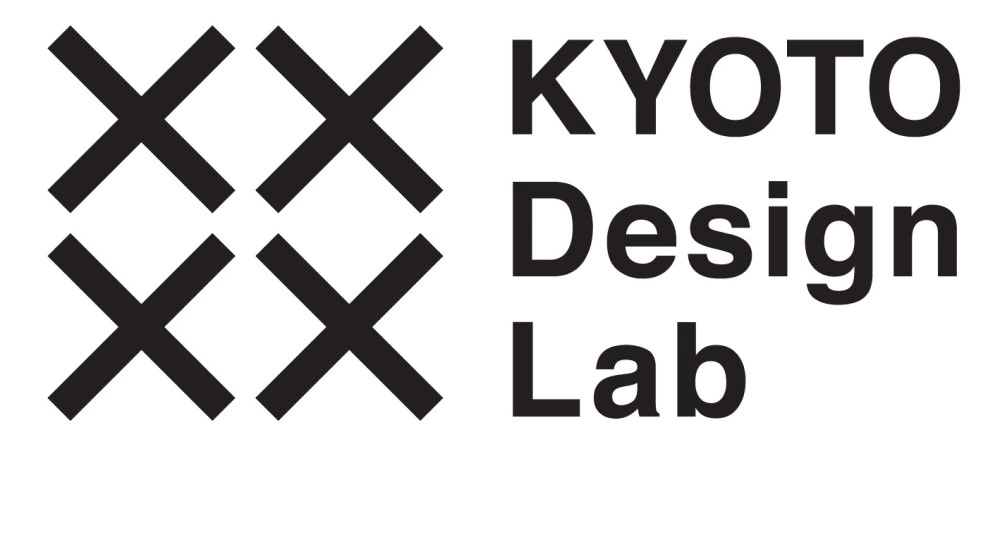
Image: KYOTO Design Lab
KYOTO Design Lab Series: Exploring Tango Chirimen – Structure
- 20 May 2021
- 12:00-13:00 BST / 20:00-21:00 JST
- Online
- https://www.japanhouselondon.uk/whats-on/2021/kyoto-design-lab-series-exploring-tango-chirimen-structure/
- info@japanhouselondon.uk
- Tweet
The northernmost region of Kyoto Prefecture, known as Tango, is home to chirimen, a type of silk crêpe made of flat-woven silk.
Complementing our latest exhibition MAKING NUNO Japanese Textile Innovation from Sudō Reiko and the Tango chirimen display in The Shop, Japan House London has partnered with KYOTO Design Lab (D-lab) to bring a series of online events exploring new ways of reinventing this textile.
As 2020 marked the 300th anniversary of Tango chirimen production, designers from eight countries in D-lab’s international network were asked to reconsider conceptually its structure and surface and propose new and future scenarios through collaboration, materials experimentation and new graphic approaches. The project culminated in the exhibition Alternative Futures - contemporary design responses to the Tango chirimen tradition held from October to February 2021 in Tokyo, Kyoto and KyoTango itself.
For the first event looking at ‘Structure’, Japan House London is delighted to invite an international panel comprising Milou Voorwinden, (textile designer, Netherlands), Ueda Kaori (weave specialist and Associate Professor at Saga University of Arts, Japan), and Ligia Lopes (designer and participatory design activist, Portugal) to present their projects and join a conversation chaired by Julia Cassim, Professor at Kyoto Design Lab, Kyoto Institute of Technology, and curator of the Alternative Futures exhibition.
During this live online event there is an opportunity for registered guests to ask questions to the speakers.
About KYOTO Design Lab
KYOTO Design Lab (D-lab) is a platform for collaborations, founded by Kyoto Institute of Technology as an incubator for innovation in the fields of architecture and design.
About the Speakers
Milou Voorwinden is a textile researcher, and designer/artist specialised in weaving. She graduated in 2016 from the product design department of ArtEZ University of the Arts in the Netherlands. Currently, she works as a Jacquard designer and runs her textile design and research studio in the Netherlands.
Milou was awarded several grants and awards such as the Talent Development grant of Creative Industries Fund NL and the Worth Partnership Project. Her primary practice lies in developing three-dimensional textiles, and she is known for her multilayer product developments and woven spacer fabric research. Milou is inspired by traditional weaving techniques and aims to rediscover, renew and apply the methods innovatively using contemporary digital tools. Milou is an experienced weave designer with extensive knowledge of digital Jacquard design, handwoven textile developments and leno weaving. In her research projects, she often collaborates and works with universities and textile research centres. Additionally, since 2017 Milou has worked as a Jacquard designer at EE Exclusives in the Netherlands, where she develops custom made Jacquard designs with EAT designscope.
Ueda Kaori was born in 1974 in Osaka Prefecture, Japan. After graduating from Osaka City University, she worked as a designer for a housing construction company and shop designer. During her experience, she became interested in the textiles field and went to the UK to study textile design. She graduated Nottingham Trent University in 2005, and Royal College of Arts in 2007. She then came back to Japan and started her teaching career. She now works at Kyoto Saga University of Art as an associate professor. Throughout her career, she has been interested in researching Textile History. In 2016, she received her Ph.D. on the History of Traditional Shibori Fabric. Since then, she continued historical research on Tango Chirimen. Now, she is combining her historical research and innovative textile design to introduce infinite possibilities in tradition.
Lígia Lopes is a Portuguese industrial designer graduate and participatory design activist with a PhD in Design by the Faculty of Architecture of Lisbon. Invited professor at the Department of Communication and Arts at the University of Aveiro and at the Faculty of Engineering of the University of Porto, she is also a researcher in the HEAD (Health + Design Lab) group at the Research Institute for Design, Media and Culture [ID +] and Ambassador of the Advanced Research Unit at Alma Mater Studiorum – University of Bologna. For the past few years, Lígia has worked on participatory design approaches and tools that place value on processes and people by actively involving less visible or marginalised groups in design projects. Her activist and critic stance in design is expressed through a conscious and selective choice that gives special attention to the product cycle, in order to ensure it is a more human, transparent and ethical process. Her personal project, CANHOTA, attends to the need of creating and developing projects that are committed to design products, services and strategies through and for Conscious Design.
About the Chair
Julia Cassim, Professor, Kyoto Design Lab, Kyoto Institute of Technology
Julia studied fine art in the UK and Japan and is an international authority on inclusive design. As arts columnist of The Japan Times from 1984-99, she curated and designed award-winning exhibitions for audiences with visual impairments founding a non-profit organisation to increasing cognitive and physical access to museum collections.
In 2000, she initiated the pioneering Challenge Workshops programme at the Royal College of Art which brought professional designers with disabled and older people in an inclusive co-design process. It was the subject of an exhibition at the Victoria and Albert Museum in 2010.
In 2014, she became Professor at the Kyoto Institute of Technology, charged with setting up KYOTO Design Lab, as a centre for interdisciplinary design and innovation. Julia was included in Design Week’s Hot 50 list of people who had most influenced the design world in 2010.
Bookings Essential; Admission Free
Bookings will close one hour before the event.
Please note this is an online event and will require you to participate using the video conferencing system Zoom.
The event will also be livestreamed on Facebook, YouTube and LinkedIn where a recording will be available following the event.
